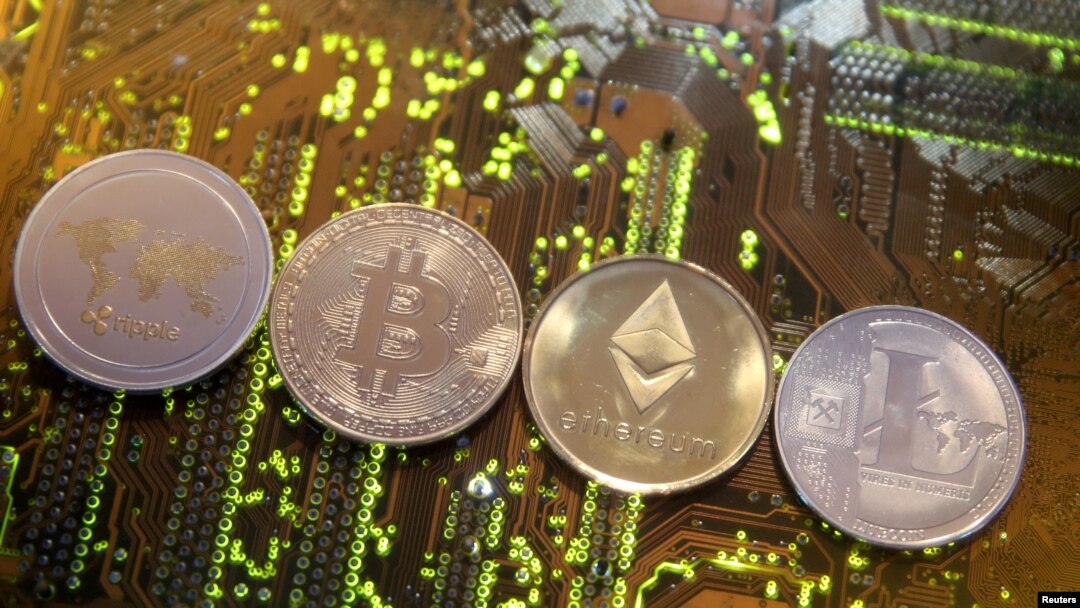North Korea is using cryptocurrency markets to evade global sanctions and is likely using the virtual money to fund its weapons of mass destruction programs, according to a new report from the London-based Royal United Services Institute (RUSI).
The report recommends regulators take urgent steps to counter the threat.
Pyongyang is subject to wide-ranging international sanctions following a series of nuclear tests and long-range missile launches on recent years. The reclusive state is seeking ways to raise money and bypass those sanctions — and emerging cryptocurrencies could become a key lifeline for the regime, says report co-author Kayla Izenman.
WATCH: Henry Ridgwell's video report
Your browser doesn’t support HTML5
North Korea Using Cryptocurrency to Fund Weapons Program, Report Warns
“North Korea is actually getting a significant amount of money through cryptocurrency. And they are getting it outside of the traditional financial system, which is the one that most people think about when they’re thinking about how a weapons of mass destruction program might be financed,” says Izenman.
Many cryptocurrency exchanges ban North Korean users. Pyongyang is accused of numerous hacking operations get around these measures. In one December 2017 attack on South Korea’s Bithumb exchange, it is claimed North Korea hackers stole Bitcoin and Ethereum virtual currencies then worth $7 million.
While cryptocurrency currently plays a minor role in Pyongyang’s financial activities, RUSI’s Izenman says the reclusive state has the capacity to exploit weaknesses in global regulation.
“It’s a national security threat and will just increase in the time to come. Cryptocurrency, especially if you’re using coins such as ‘Monero’ or ‘Zcash’ that that are privacy coins that aren’t as transparent as ‘Bitcoin’, can be used and traded, and they don’t need to go through the fiat system, they don’t need to touch the dollar, they don’t need to touch a bank.”
The report authors warn that southeast Asia’s burgeoning cryptocurrency industry is particularly vulnerable as regulators are struggling to keep up with the technology.
“Most of the hacks that North Korea has been involved in have been in southeast Asia. And most of their sanctions evasion work has also been in southeast Asia. So we’re hoping to help improve regulation in the region. That being said, given that cryptocurrency is inherently a borderless type of system, it’s imperative that everyone be aware of this,” Izenman adds.
Meanwhile, North Korean leader Kim Jong Un arrived Wednesday in Vladivostok for a summit with his Russian counterpart Vladimir Putin — where the ongoing sanctions against Pyongyang are likely to be high on the agenda.


